

The magic of the Smash Bros. series can be condensed into one simple principle: whether you win or lose, you just want to keep playing. Even after hundreds of matches--solo or multiplayer, with items and without--I still get giddy every time a round starts. Super Smash Bros for 3DS proves that Nintendo's high standard of excellence for the series' gameplay and polish applies to handhelds just as much as home consoles. But the transition to the small screen comes at a major cost: local multiplayer isn't 100% reliable.
If, by some small miracle, you've never played Smash Bros. before, it's an unconventional fighting game starring characters from Nintendo's many franchises (plus some cherry-picked guests mixed in for variety). It's you against up to three other combatants, and rather than depleting their life bars, you'll use zany attacks and powerful items to push your opponents off the stage. Series vets should know that Smash Bros. for 3DS feels much more in line with the methodical, somewhat floaty feel of Brawl than the ridiculously fast pace and palpable weightiness of Melee. Even if the 3DS gameplay isn't precisely what Melee fanatics demand, it provides enough depth for the hardcore crowd, while still being incredibly entertaining to casual players. Thankfully, randomized elements like Brawl's ill-conceived tripping mechanic have been removed from the equation to achieve maximum enjoyment for players of all kinds.
One of the biggest appeals of the Smash franchise is its cast of wildly diverse characters, and Smash Bros. for 3DS delivers a roster full of established fan favorites and appealing oddballs. I'll refrain from spoiling any of the secret inclusions, but all 51 characters are nicely balanced: everyone's got their own strengths, and none of the characters feel like throwaways. That said, some fighters feel much more unique than others. For every character that has exciting new abilities, like Villager's projectile-stealing Pocket or Shulk's stat-changing Monado Arts, there's someone else who has yet another slight variation of a counterattack move. Still, you'll no doubt find a character you absolutely love waiting for you in the massive roster, and you can feel confident that they won't pale in comparison to someone else's main pick.
Playing Smash on a handheld feels odd for about five minutes--after that, your fingers will comfortably find their grooves, whether you're playing on a classic 3DS or an XL. The graphics, which are a rainbow of bright colors and snazzy visual effects, look crisp on the 3DS screen, though the 3D effect doesn't add to the experience. One of the smartest additions is a you-can't-miss-it graphical effect that lets you know whenever you connect with a powerful attack--so even when the camera's zoomed out on the 3DS screen, you'll still know exactly what hit you 3,000 feet off the stage. The 60fps framerate keeps the speed and fluidity of the fights completely intact, and once you've gotten the feel for performing directional Smash attacks on something that isn't a GameCube controller, the 3DS control scheme becomes just as natural.
No modern-day fighting game would be complete without online multiplayer, and Super Smash Bros. for 3DS does a good job of washing out the grimy taste in my mouth left by Brawl's subpar online play. The For Fun mode lets you join up with like-minded players for some lighthearted, items-on matches, while competitors looking to truly test their skills can square off in the bare-basics For Glory mode. The latter offers timed matches (no thanks) and 2-stock survival matches in 1v1 or 2v2 team play. When your connection's running smoothly and you're playing against an opponent of equal skill, the online play is an absolute blast, letting you train up and play Smash the way it was meant to be played.
When your connection isn't running smoothly, things go from great to unplayable. Latency and reliable netcode are the make-or-break determinants of enjoying fighting games online, but Smash Bros. for 3DS has yet to master them. Even a split-second delay spoils the fun, as your dodges or ledge-grab attempts won't respond when you need them to. Four-player matches can have such massive slowdowns that they degrade to the point of being intermittent slideshows. When online play works well, it's great. When it gets sluggish or stutters, it's downright awful. Pretty typical for a fighting game, but this dichotomy may come as a shock to longtime Smash players.
What's even more of a buzz-kill is the fact that local multiplayer isn't exempt from unreliable connections. Four-player matches crap out a quarter of the time, becoming so choppy that they make you feel like you're controlling your character underwater. At times, the action can even come to a complete standstill, utterly hamstringing the excitement and momentum that Smash is so well known for. The amount of lag is directly proportional to the number of players, since one-on-one matches work fine, and three-player games only have a few intermittent hiccups. But just like online, constant interruptions--if you're unlucky enough to experience them--will put a damper on everyone's good time. Worse still, isolating the problem is near impossible, since no variable (cellphone use, playing in a moving car, specific levels, items on or off) produced identical, lag-filled results. It's like the lag-in-local-play boogeyman is just out there, somewhere; you won't know when he's coming, but you better pray to God he doesn't get you.
Knowing just how bad the local multiplayer can get, the value proposition here just doesn't add up. Smash Bros. on consoles (like, say, the upcoming Wii U version) requires one copy of the game and four controllers for flawless multiplayer fun. Smash Bros. for 3DS requires four copies of the game and four individual systems to create an inconsistent, and therefore far less fun, experience. For many casual fans, four-player bouts are a fundamental part of the Smash Bros. experience, so it's a massive downer to see the 3DS version struggle to deliver a consistent experience. And because of how the 3DS local wireless works, you're pretty much at your connection's mercy if there's any interference in your play area.

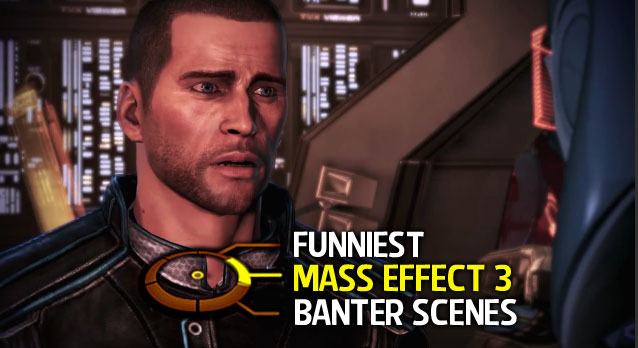
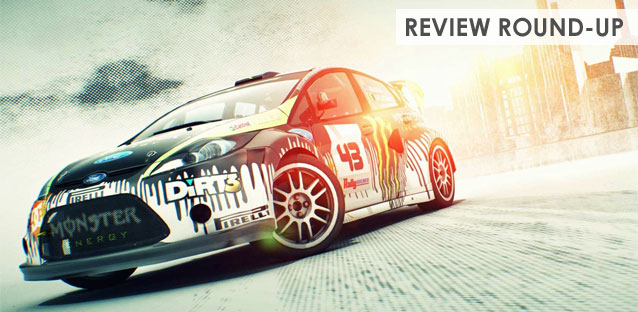
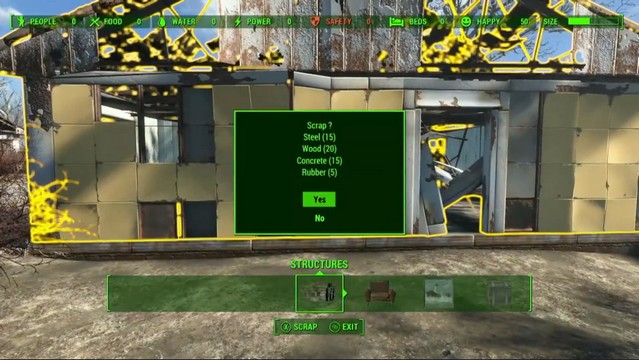
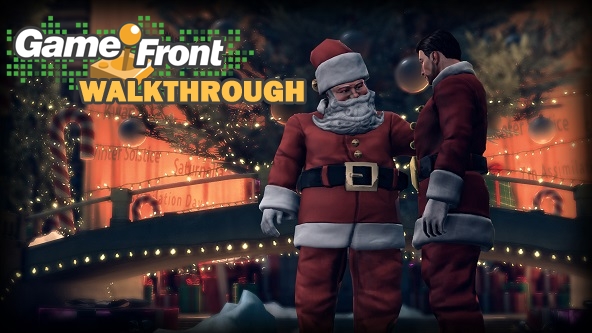 Saints Row 4: How the Saints Save Christmas DLC Guide
Saints Row 4: How the Saints Save Christmas DLC Guide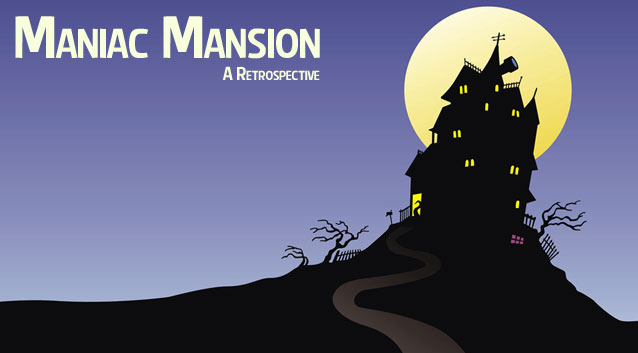 Maniac Mansion: A Retrospective
Maniac Mansion: A Retrospective Watch Dogs ctOS Breaches
Watch Dogs ctOS Breaches Bloodborne: The Old Hunters - How to Get the Bloodletter
Bloodborne: The Old Hunters - How to Get the Bloodletter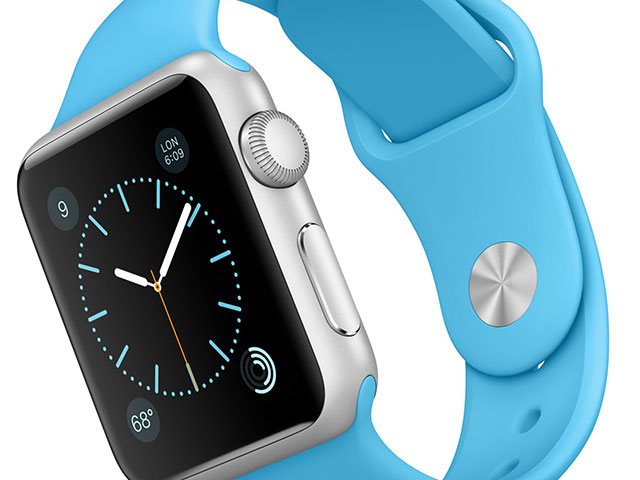 10+ Gift Ideas for iPhone & iPad Owners
10+ Gift Ideas for iPhone & iPad Owners